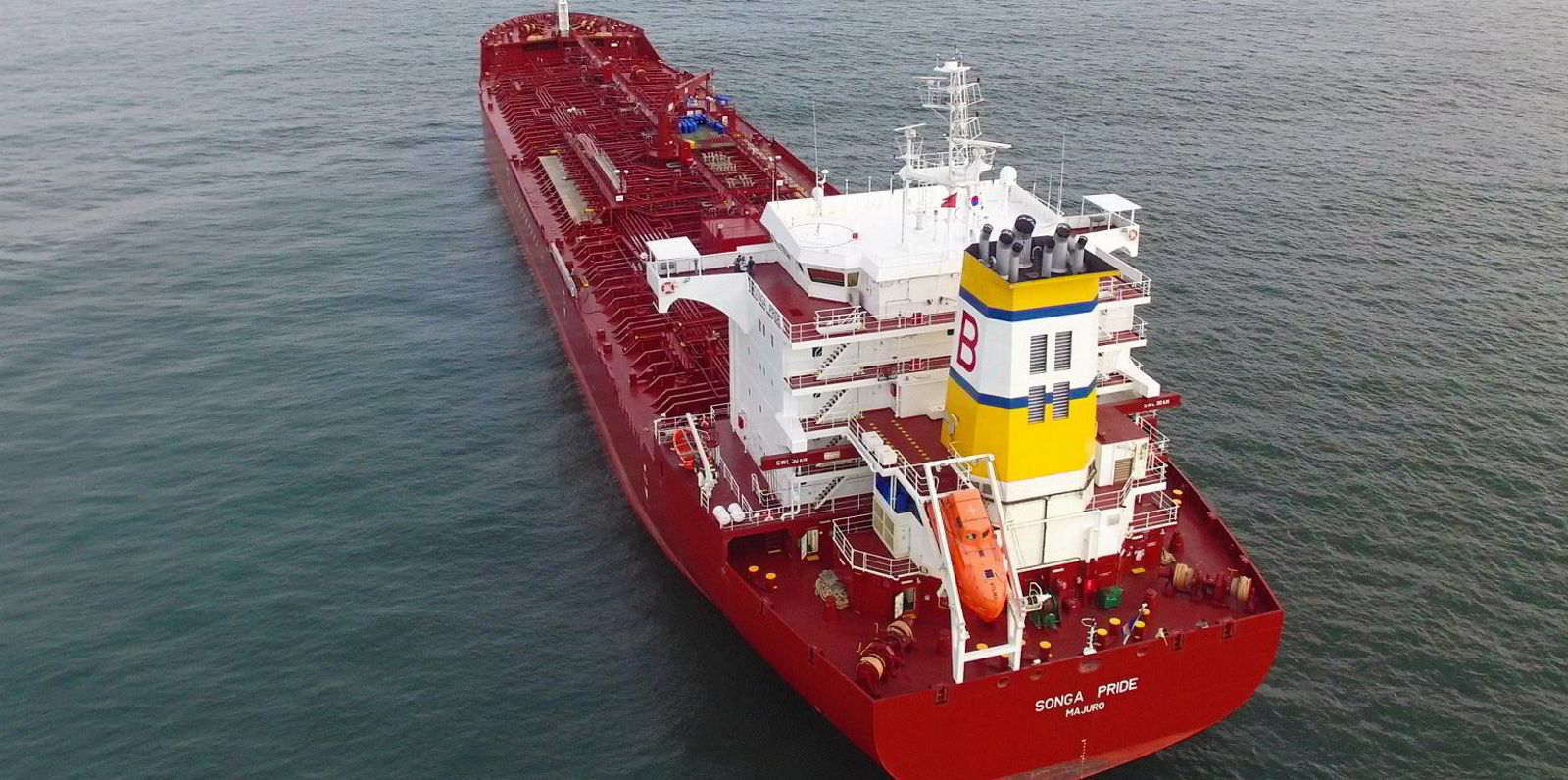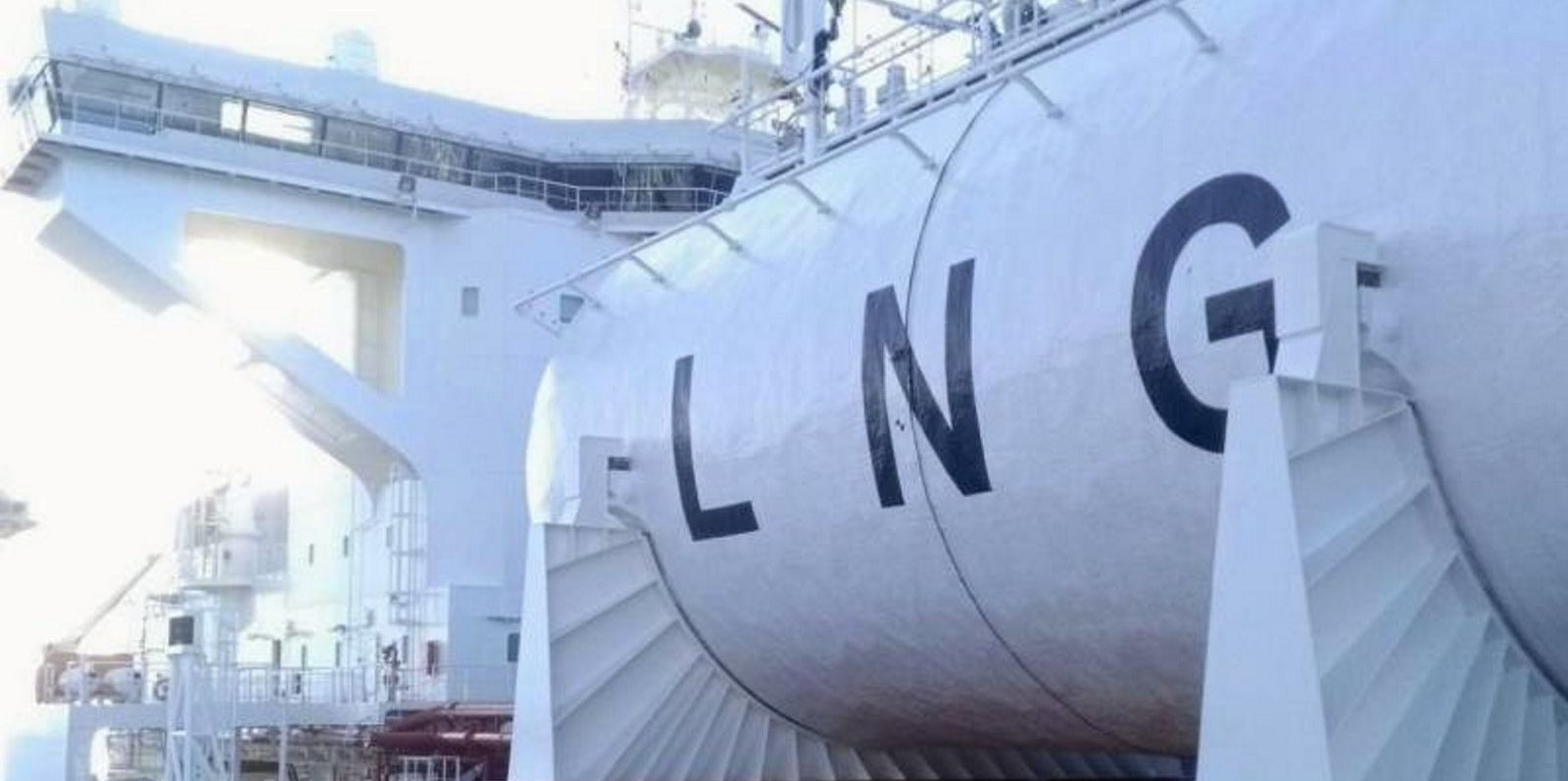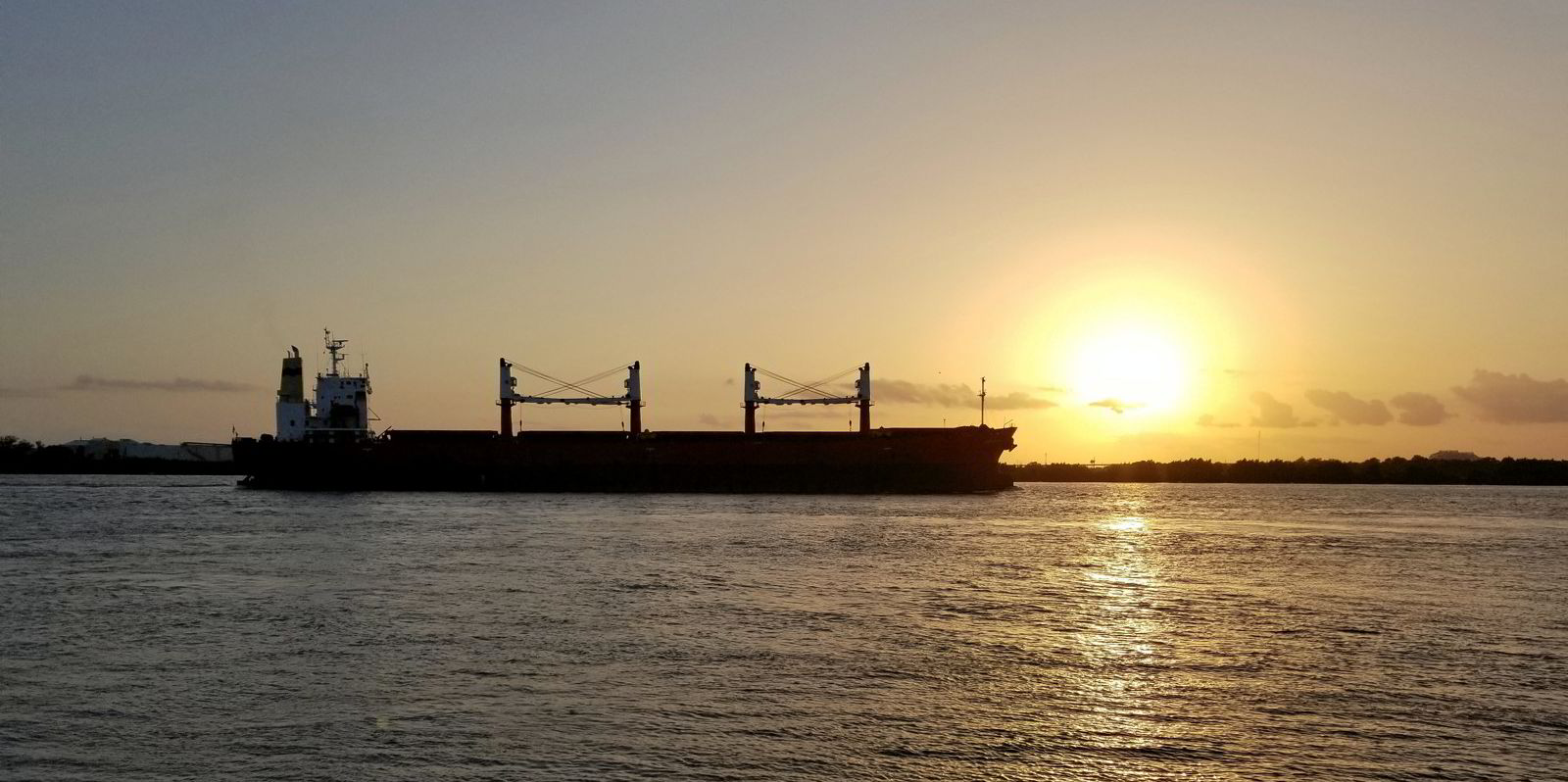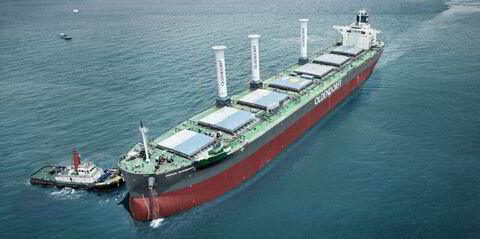It's beginning to look at little like the mid-2000s in the dry bulk business, with the secondhand market starting to fly.
But other pressures are far from that earlier decade of easy cash with increasing attention on whether the forthcoming UN climate conference in Glasgow will shift the world's attitude to decarbonising shipping.
Here's what I've been reading this week:
1. Bulkers are the new hot cakes
China's economy and its efforts to tamp down steel production led to questions about the bulker market's future. But that didn't prevent bulkers from becoming the flavour of the week in sale-and-purchase markets, particularly as Greek shipowners scooped up midsize vessels for fleet renewal and Chinese players emerged as both buyers and sellers of capesize bulkers amid a hot spot market.
2. Pressure to ramp up decarbonisation
The International Maritime Organization is aiming to cut shipping's greenhouse gas emissions by 50% in 2050, relative to 2008 levels. The message this week was this: that is not enough. More than 150 companies in the shipping world signed on to a call by the Getting to Zero Coalition to target zero emissions by 2050. Also, backers of the Poseidon Principles, a banking initiative to push shipowners to cut carbon output, signalled they are aiming to significantly up their standards.

3. The Songa-Trogir charter imbroglio
First, we learned that a company within Arne Blystad's Songa group had arrested its own bareboat-chartered tanker in Gibraltar on allegations that the ship's owner, Trogir Maritime, would not take it back after the end of the contract. Then Trogir, an affiliate of Croatian shipbuilder Brodotrogir, had complaints of its own based on a claim that the charter is still underway. The tanker still isn't, as it sits at anchor in Gibraltar.
The year is proving even better than previous optimistic expectations for broker Braemar Shipping Services, which modestly upgraded its forecast for 2021 and said the good times are poised to last all year. The strong markets could lead some shipbrokers to consolidate, and Lightship Chartering chief executive Sune Fladberg thinks there could be some big merger deals up ahead.

5. Fallout from European gas market spike
Natural gas prices are skyrocketing in Europe, and shipping is feeling the ripple effect. The soaring demand for gas could actually hurt LNG carriers' tonne miles, since it could lead to more Atlantic cargoes on shorter journeys from, for example, the US to Europe rather than to Asia. If crude producers step in to fill the energy breach, it could help tankers. More concerning is that the soaring prices have already sent some owners of dual-fuel ships to shift from LNG to fuel oil, which can't be a good sign for LNG's role as a transition fuel in shipping's decarbonisation efforts.
Genco Shipping & Trading is back in the office (where it is mandating vaccines), and that's not the only change. Basking in high charter rates, the John Wobensmith-led bulker owner is gearing up to convert to a high-dividend payout model, sharing its good fortune with investors in its New York-listed stock. Now, the chief executive said in an interview, it will be up to the company to "build that credibility of a consistent dividend" that will still be around when the dry bulk boom is not.



